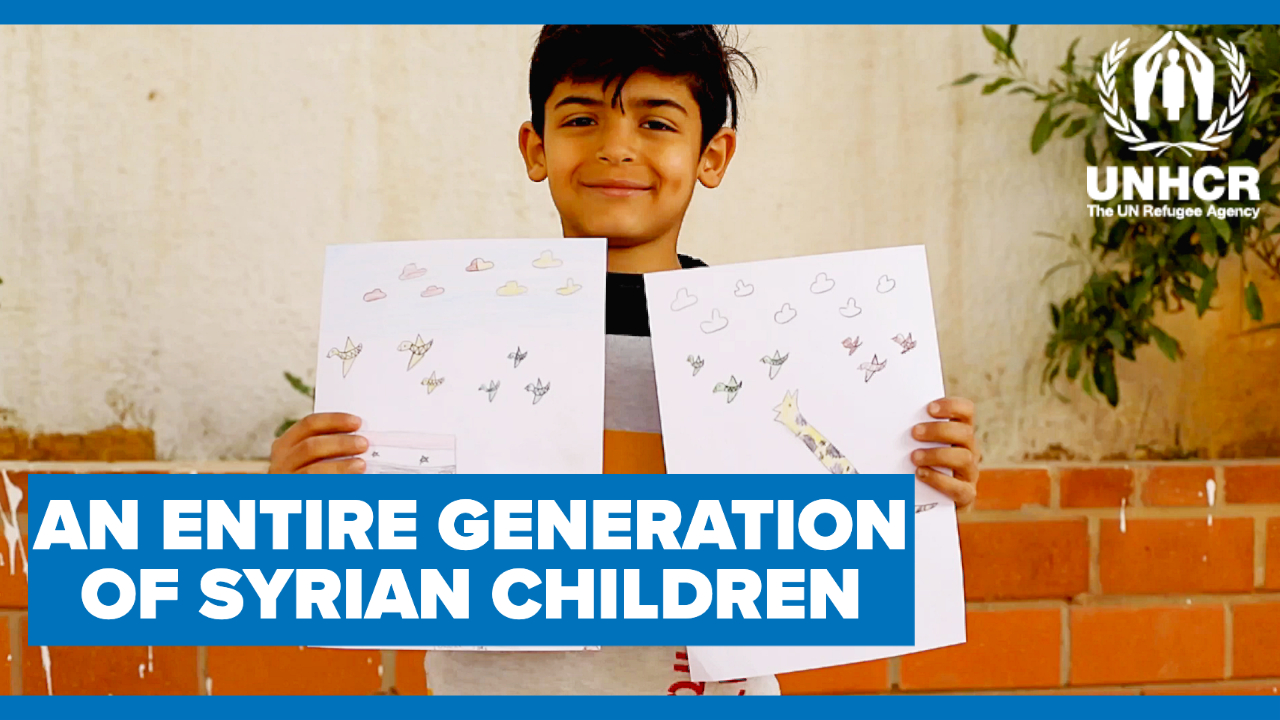Iraq: updated UNHCR advisory strongly discourages forcible return
Iraq: updated UNHCR advisory strongly discourages forcible return
Since the start of the hostilities in Iraq early last year, UNHCR has issued regular advice to all States not to forcibly return any Iraqis to their homeland until the situation stabilises. Now, because of recent developments both in Iraq and in some host countries, an updated UNHCR advisory has been issued to governments strongly reiterating this advice.
The advisory notes that the situation in Iraq is still extremely unstable and dangerous, characterised by a general lack of law and order and the erratic provision of basic services. The update, issued to governments last week, says no part of Iraq can be considered safe, although it's clear that at any given time, some areas of the country are more stable than others and some people continue to return voluntarily. It notes with concern that in the past six months, there has been a growing trend to target Iraqi civilians working for international organisations, as well as people associated, or perceived to be associated, with the Interim Iraqi Government, including government officials themselves, a number of whom have been killed. Members of the Iraqi police forces, but also doctors, journalists, artists and intellectuals, have all become frequent targets of both harassment and violence by non-state agents.
The advisory says that while the security situation in Baghdad is widely recognised as volatile, there has been a degradation of the security situation in many other cities, including Diala, Erbil, Falluja, Kirkuk, Mosul and Sulaymaniyah. Fewer NGOs are operating in Iraq and UNHCR has no international presence in the country, making it impossible for us to monitor possible cases of persecution on the ground. Furthermore, the Iraqi Ministry for Displacement and Migration is still in the process of building up its own operational capacity. In such circumstances, no parts of Iraq can be considered definitely safe for return, according to the latest advisory. With this in mind, the advisory asks States to continue to suspend all forcible returns to Iraq and insists that governments should not introduce any measures providing an incentive to repatriation - be it financial grants to encourage departure, or punitive rules as a deterrent to stay in the host country.
In the current climate of increasing violence, the advisory also requests that States pay particular attention to asylum claims from Iraqi nationals. Despite the regime change in Iraq, people targeted by non-state agents because of their political affiliations, religious beliefs, or other motives, may be in need of international protection and thus merit the status of refugees. This is particularly so since the authorities in Iraq are currently unable to ensure the safety of all Iraqi citizens.







